Windows, Replace or Repair?
We often get asked if it is a good idea to replace old windows with new and better performing windows to save money. Usually to the surprise and relief of homeowners we most often tell them to stick with the ones they've got. Not to say that the idea of replacing windows is always 'green washing', but it's not necessarily going to save energy and money once you run all the numbers, so we recommend that windows should only be replaced when renovating a home when they are in an "unsalvageable" state of disrepair or wood decay & rot.
Yes, old windows will leak more air and lose more heat than new ones, but there is an energy variable to consider with replacement of windows as well. Purchasing a new window will also have its own energy and carbon footprint in terms of raw material extraction, manufacturing and transportation.

The cost of replacing windows is pretty high and predominantly labour based; partly in manufacturing, but you have to factor in the cost of installation and finishing as well. So if you're going to replace old leaky windows, you might as well get good ones. To go to all that effort and install a low-quality double-pane window doesn't make sense from a financial point of view, or even quality of life. If you want to learn why we get condensation on windows and how to stop it, see here.
Upgrading a potential purchase from double to triple pane usually means an additional 20-25% on the sticker price, and there is a relatively quick payback on that added investment that comes from energy savings if in the end you are going to buy some. Beyond energy savings, a triple pane window offers greater durability, reduced sound transmission and a noticeably more comfortable home on cold days. All that is to say, you need to know how to choose the best windows for your house here and see here to know which type of window frame to choose between wood, aluminum or PVC / Vinyl
Will replacing old windows save money?
The short answer is, it's not likely. From a standpoint of saving money, a complete home window replacement job rarely justifies the cost, although it depends if extensive work is going to be needed to renovate old windows too. For full disclosure before we do 'our' math, we don't like vinyl and we would only ever install triple pane windows with Low- E coatings and wood or fiberglass frames - or the new generation suspended-film insulating-glass windows or glazing units..
A truly accurate assessent of whether or not you should replace windows would take a quote of the windows you want and possibly energy modeling of your existing winodws and potential new ones to see how far out your payback period would be be, but to quickly do your own very rough guesstimation - imagine the cost of a good quality triple pane window of perhaps 4x5 feet; call that about $1,200 for arguments sake. Now add installation and finishing costs - we'll conservatively call that $400 to install, insulate, and replace trim inside and out.
Now look at your heating bill and figure if it is even possible to recoup the replacement cost of a window through added energy savings from that individual window. How long will it take to save $1,600 worth of heat through a better window, and will you even live that long? In most cases it is unlikely that you will be around to see a return on your investment. The window itself most likely won't last as long as it takes to recoup the money before needing to be replaced again.

When to replace windows:
If your windows are extremely damaged by water infiltration you have a strong case for replacement. Letting rot go unchecked in your house will just lead to further problems. More than just the loss of heat, money and comfort, over time rot could spread beyond just the window and affect the structural integrity of the wall itself. There is also air quality issues to consider as you may have mold and mildew as well. In such a case you may be wise to replace an individual window.
The problem here is of course the 'slippery slope', in that replacing only one window on a wall may stand out, and replacing the windows on only one wall of the house may stand out. That's unfortunately your own demon to chase off; we can't help much there.
Repairing old windows:
If your frames are in relatively good shape and the issue is air leakage, repair is not only possible, it will likely be much cheaper and offer a very quick payback for your efforts in terms of saving energy and money.
Air tightness - air isn't moving through the glass, it’s leaking around old seals and perhaps between the window frame and rough opening. If you can stop that from happening you have stopped your air leaks, so having airtight windows may be only a tube of caulking away.
The first step would be determining from where exactly air is leaking. Keep in mind the natural stack effect of buildings - warm air rises, so in the absence of wind pressure air will leak in on the bottom floors and leak out on the top floors, so it may be a little tricky to identify leaks from the inside on upper levels. A cold windy day may help you with your forensics, also look for signs of moisture damage like water staining, mold and mildew.
How to fix fogged windows:
Over time, the seals in windows start to wear down allowing air to leak in and out, in some cases this leads to windows with humidity between the panes. There are companies that offer a service of defogging windows, often for about half the price of replacement. This is a solution where we are quite suspicious of the assessment of savings and final quality.
To repair a fogged window, holes are bored in the glass to facilitate cleaning them, moisture venting valves are then installed in those holes to make sure air can flow through and remove moisture in the future so the problem doesn't reoccur. This creates a convection loop in between the panes, so after a repair, a double-pane window may perform more like a single-pane window. While they may be nicer to look through, they may perform worse than they did before the repair so don't look at this as an energy and money-saving solution.
In the long term, the added heat loss with de-fogging in our opinion negates the proclaimed benefits of this repair solution. We would instead recommend at that point to consider replacing the thermals, which are the sealed glass units inside the frames. The thermals of double paned windows have a lifespan of about 20 years, so it is fairly normal to have to replace them.

Replacing window thermals is often an option, that's done without having to remove and change the entire window, you just remove the trim on the inside of the window (whether it is fixed or operational) to access the thermals, which are the sealed glass units inside the frame.
This is initially more expensive than the defogging but cheaper in fairly short order due to energy savings, and it's a good time to upgrade to gas-filled chambers and Low-E coatings, even ones with a third pane if there is room for the added thickness.
What the best solution is will depend on the initial state of the windows you are considering replacing. Some questions that should be asked and answered - how leaky are they; are the frames in good condition; are the frames insulated and do they have Low-E coatings?
If in the end you decide to replace your windows or you're buying some for a new build, check out some of the page sponsors below - EcoHome always selects such people carefully. Windows are not all created equal, choosing the right ones and a proper installation will have a huge impact on how they perform and how long they last.
Suspended film windows:
Suspended film thermals are an alternative to triple pane thermals, where rather than glass, a virtually weightless transparent film creates an additional sealed chamber of air. They can come with multiple films making them among the highest performing windows on the market. Read more about high performance suspended film windows here.
Now you know when to change windows, see How to install windows and doors correctly here, from the EcoHome Green Building Guides or see here to discover whether skylights are a bad idea?



















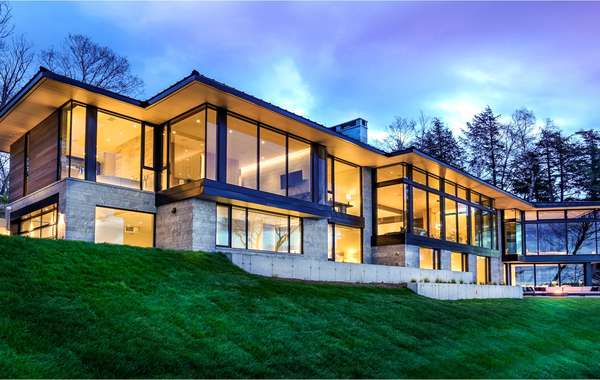
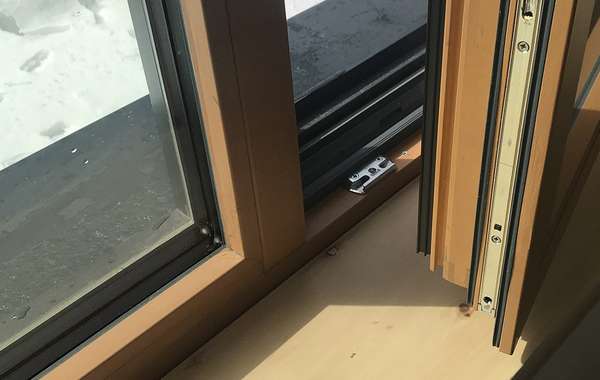
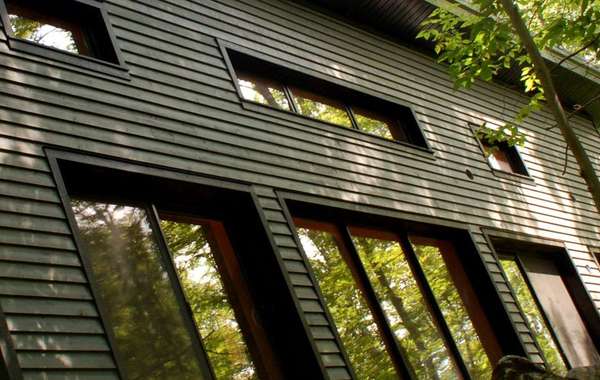
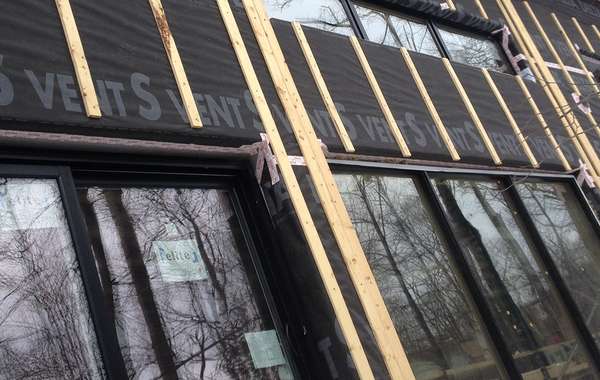
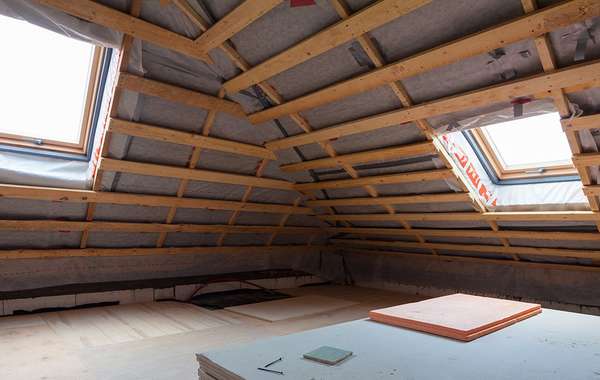
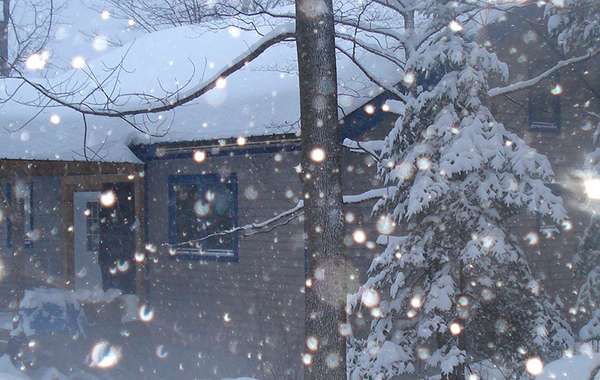
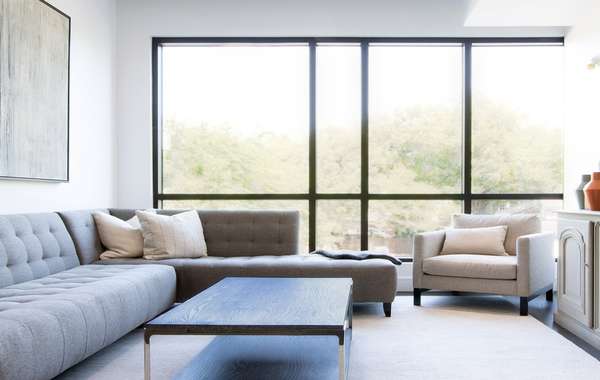


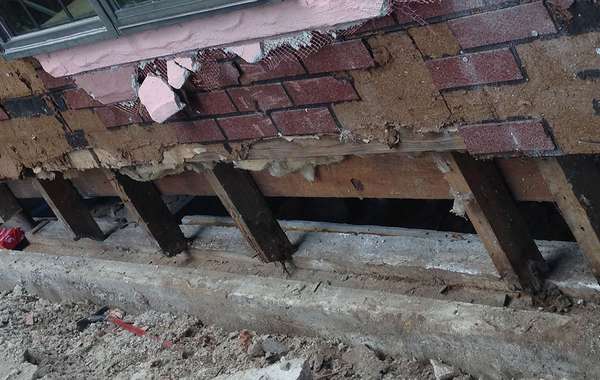
Hi,
Thank for sharing the post related to old window repair in less time and for less money, I appreciate your work keep it up.
Regards,
Mark Pearson
I think windows are more prone to wear and tear as they are more exposed to natural elements. So we can think of its replacement to give our house a nice look and natural light. I like your great advice on window replacement.
Thank You!
Good Morning, think you for your honest remarks but I live in the Sonoran Desert with brutal summer sun. My old (35 yrs) house has doble pane windows with aluminum frames, I would like to replace the windows but I'm afraid that the summer heat would warp and deteriorate any any vinyle/plastic/etc window frames. Would this be the case? Would I be better off in the long run just living with the windows as is? I had E-glass windows in California and just loved them but this is the land of brutal sun.
Sounds like you need something extremely reflective more than anything. Low E coatings on new windows would be wise but that may not be the best use of your investment. Before you do that, maybe try a reflective window film to reduce overheating- read more here, that one is a liquid applied reflective treatment, alternatively you could look into rolls of reflective window film that you can purchase online.
Now I have understands this insulations on the windows, the pictures really helps. Planning to do this guys and I am happy to have theses ideas from you. thank you
Hi Lydia and Mike! Thanks for sharing this insightful article. I came across it while looking for ways to make the windows and doors in my new home (a 50 years old three story house) more energy efficient. They are triple paned, and the gas that keeps the fogginess away has been long gone. The panes are in decent condition but I can feel a draft from the gaps in the middle. They are huge and changing all of them is so expensive, I'm worried even at the thought. Could you suggest how one could go about making such a big updation in parts? And whether there is any way one can accomplish this party on one's own? Thank you in advance for your advice :)
Thanks for the great info. I was contemplating window replacement but with 29 windows, it was goign to be very expensive. I have aluminum frames that are in good shape. The balances on the sashes need placements in many cases and there seems to be some play in the window between the frame and the window itself. I also get what I consider excessive condensation on the frames and window neear the frame during the winter months and we feel draftiness when close to teh windows. Will replacing the glass with IGU help address some of these issues. I am in Northern CA (Sacramento area). Can the seals between the sliding window and the frame be replaced to address some of the draft?
Thanks for the article, we have been renovating and the cost of replacement came in around 21,000 for vinyl. We decided to just clean up the existing windows which are in great shape for being 50 years old.
One thing I don't see is comparisons to other "efficiency measures" anywhere. I'm pretty sure 21,000 would buy me enough solar to cover all my electricity usage. That has to beat windows as an investment.
Oww.. Thanks for sharing this lovely post. Wondering about the best suitable windows well cover? No worries! This is the right place. This content is able to disclose all related questions and answers. When you have a basement, it may want enough windows or doors to play with natural light. To ensure the natural lighting entrance, you have to set a proper well cover.
Thank you for this, it saved me a ton of money as I was about to replace the old windows of my home.
This is such a helpful article, thank you. I have just moved into an older home that was built in the early 1960's. The ranch house has 7-foot windows across the front that run from floor to ceiling (7 total). I assume they are single paned. Some have storm windows in front of them, some don't. There are all kinds of bugs and dirt in between the windows and those that do have storms, and it's easy to hear noise from outside (easier than it seems it should be, at least). Somtimes some of the windows get condensation on them as well. I'm not sure if any truly leak. I don't want to replace the windows in the house but wasn't sure how to go about making sure they are sealed correctly, replacing the storm windows, etc. Assuming I should not have a company install all new windows (which I can't afford anyway), what should I do in general to each window to make sure they are as sound as possible and what kind of person (handyman, contractor, company) should I hire to do that? Just don't know where to start in cleaing up the windows and making sure they work as well as they can. Thank you!
You misspelled windows in the 6th section.